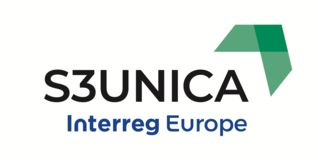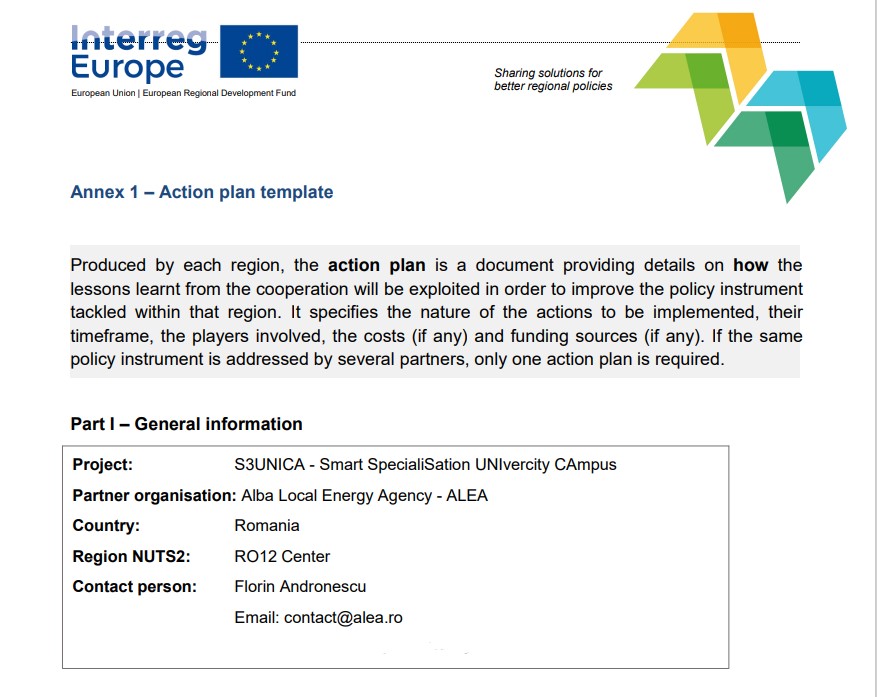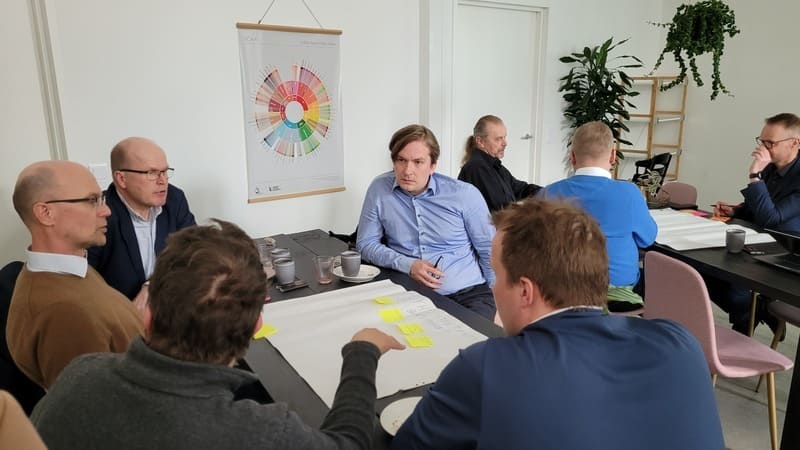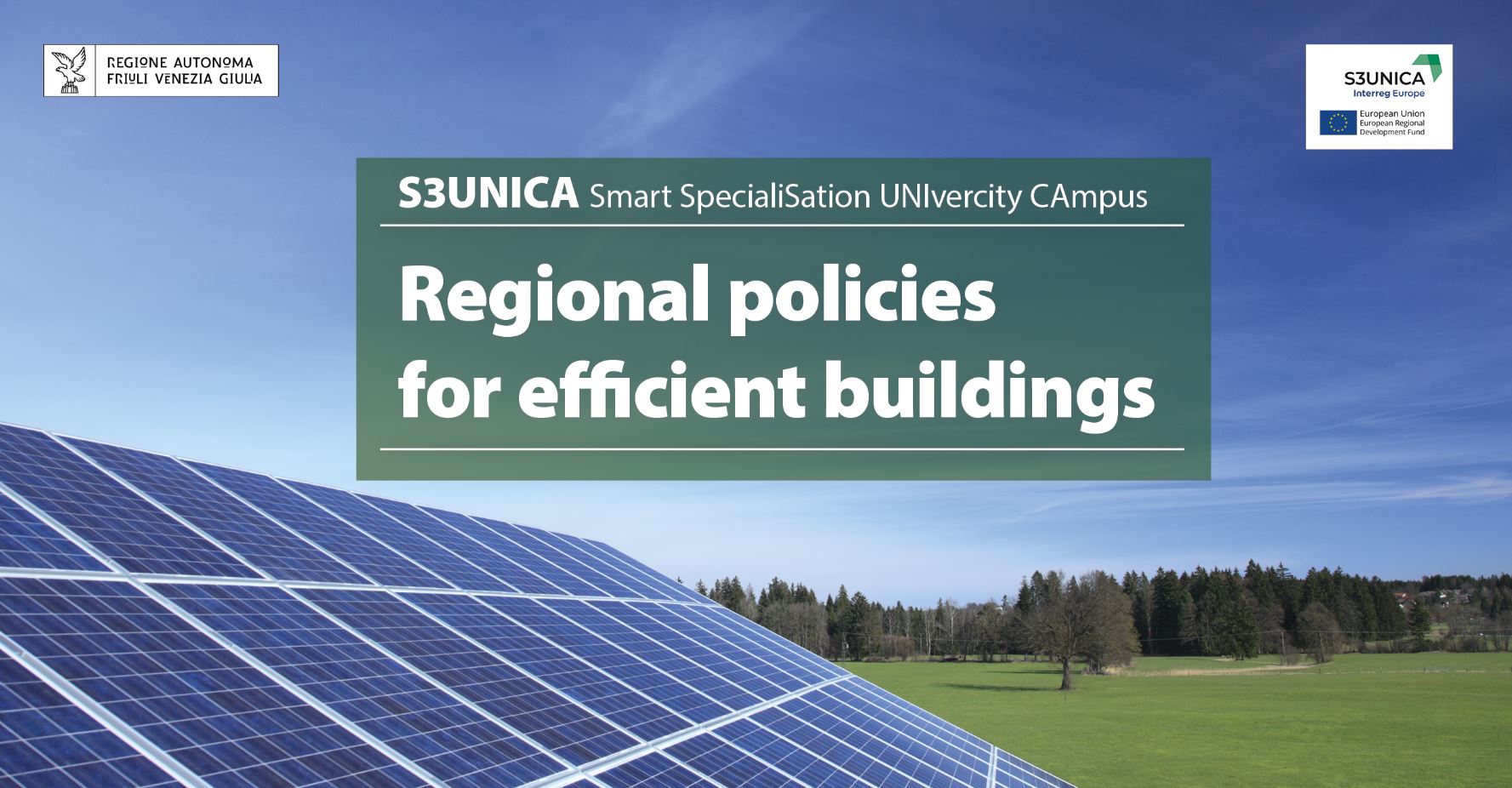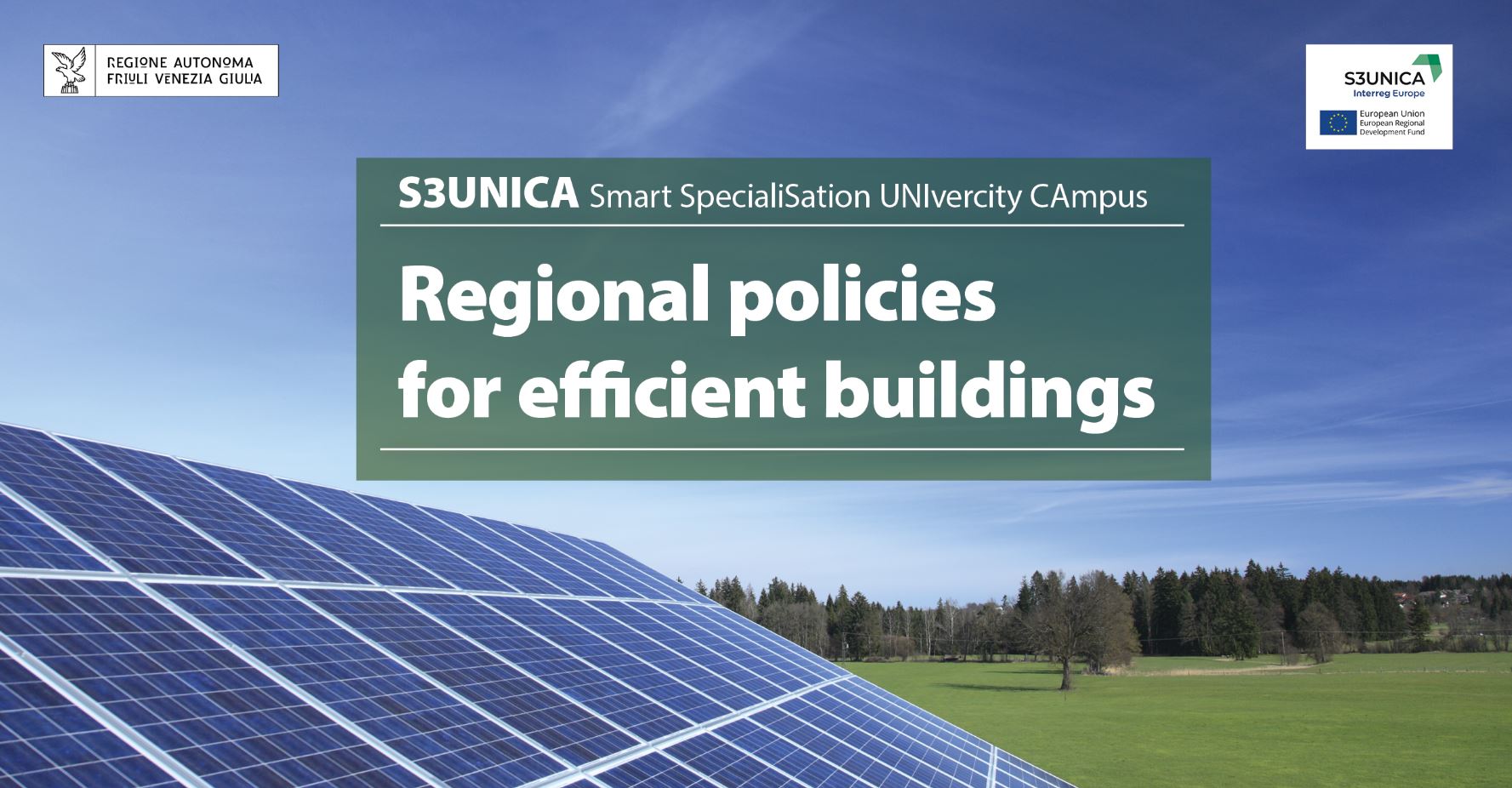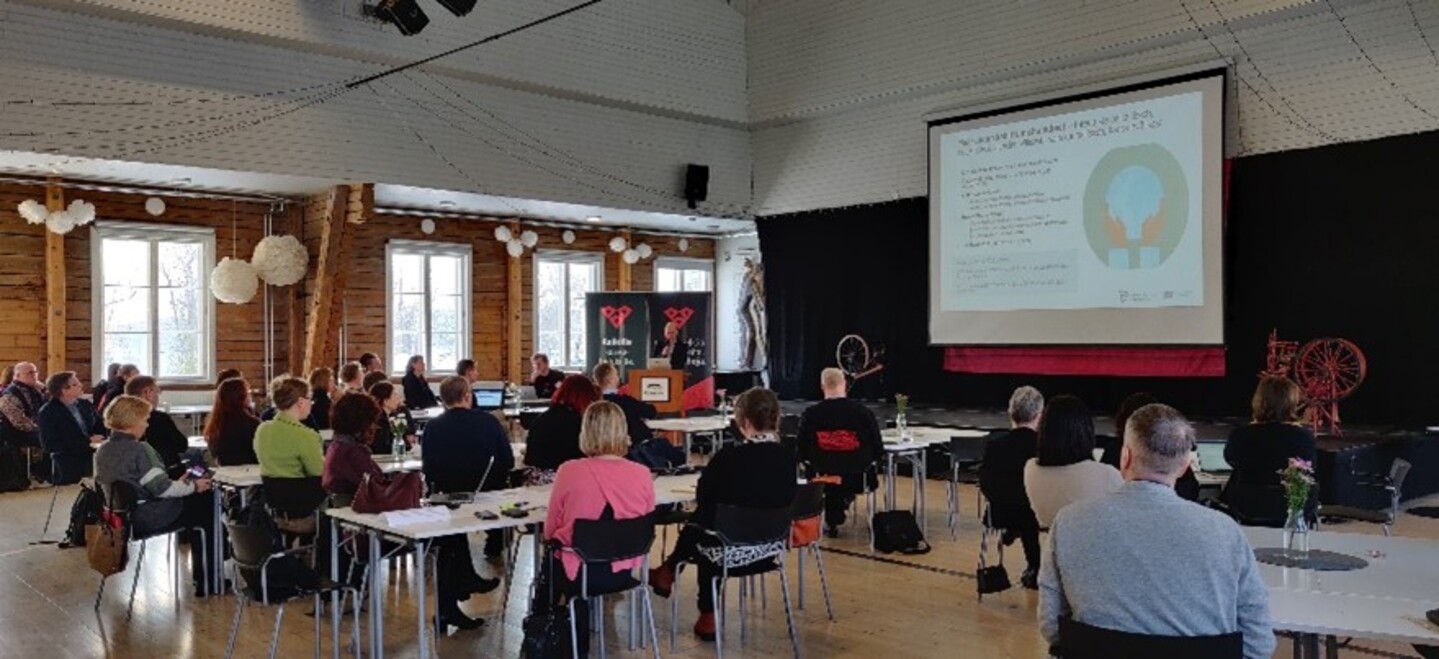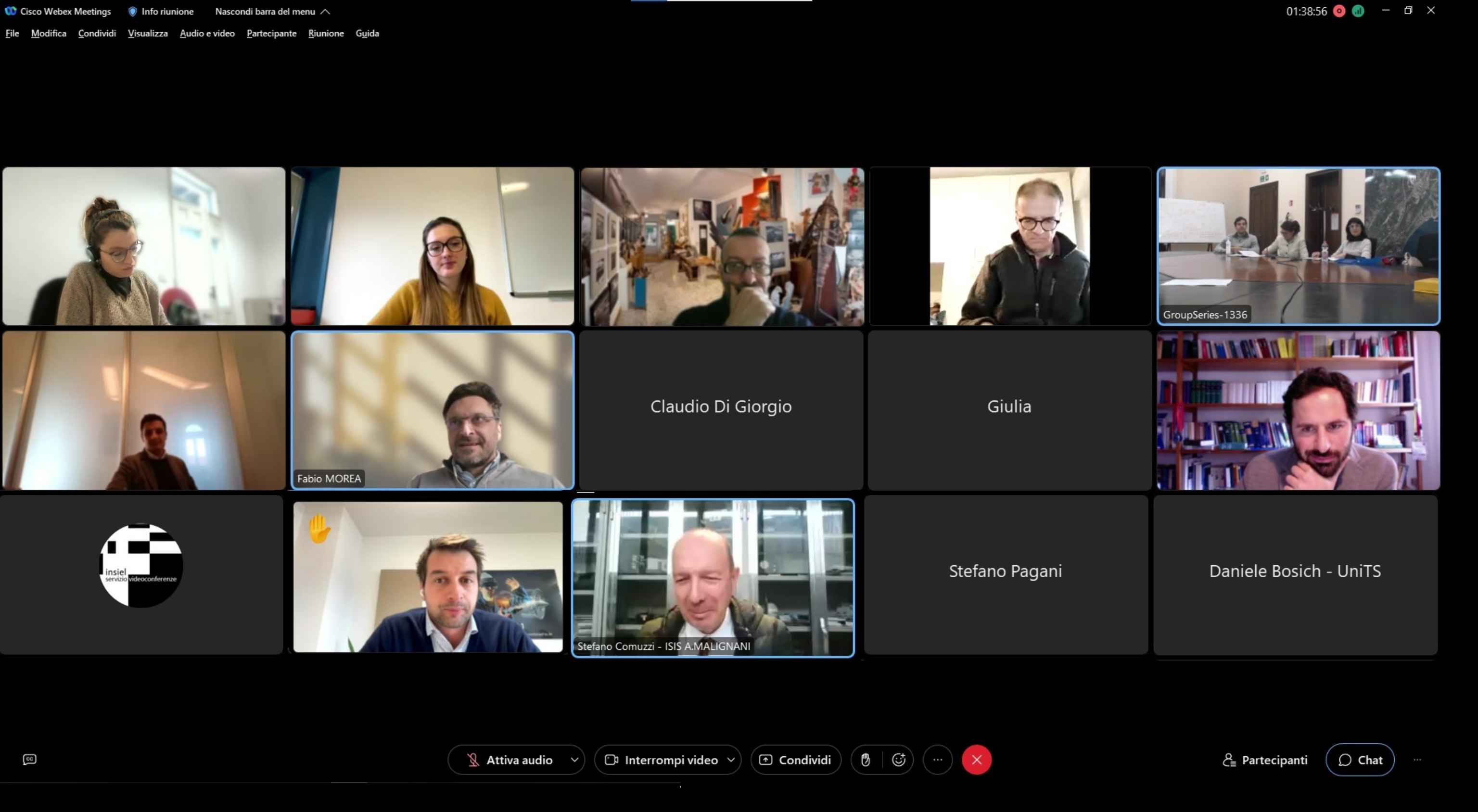The event was organized online for the second time as the current pandemic situation still prevents face-to-face events to be organized. Nevertheless, S3UNICA stakeholders responded positively to the invitation and the meeting turned out to achieve its objectives successfully, given that it was attended by 15 stakeholders who actively engaged in discussions on the topics approached.
During the event, latest news on the S3UNICA activities were disseminated and good practice cases were presented on the topic of increasing energy efficiency and the use of renewable energy sources in the university campuses of the Technical University of Cluj Napoca, Transilvania University of Brașov and Valahia University of Târgoviște. The representatives of these universities emphasized the importance of diversifying funding sources in this field, but they also draw attention on the need of collaboration between universities. An important point of the meeting was the presentation of the new strategic planning framework at the level of Centru Development Region detailing the strategic areas of the Center Regional Development Plan 2021-2027, the main planning and programming document developed at regional level and the policy instrument targeted by ALEA to be enhanced using the support of S3UNICA.

Representatives of 7 universities from Romania took part in a real debate on the technical solutions that are already used by them and can be replicated at national and European level.
The workshop was also attended by representatives of public authorities and regional organizations – Regional Development Agency Centru, Regional Development Agency North East, Alba County Council, Alba Iulia City Hall and the Agency for Energy Management in Maramureș - who engaged in an exchange of information on issues related to the energy efficiency works in public buildings, especially university campuses; the representative of ADR Centru provided some details about the priorities of the ROP in the next call.
The participants appreciated the initiatives in the field and responded positively to the opportunity for new collaborations within the S3UNICA project by addressing issues related to the energy efficiency sector in university campus buildings.
